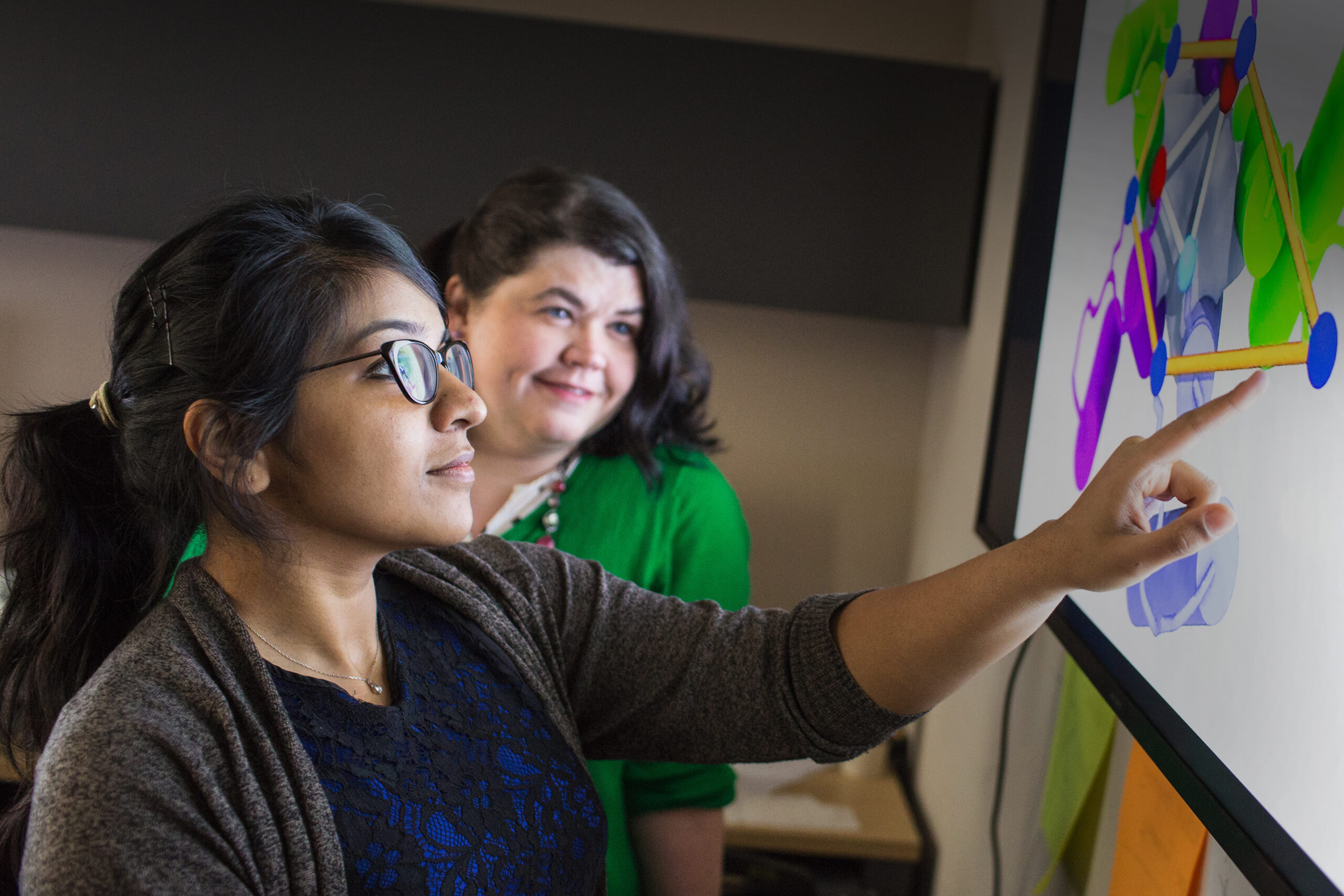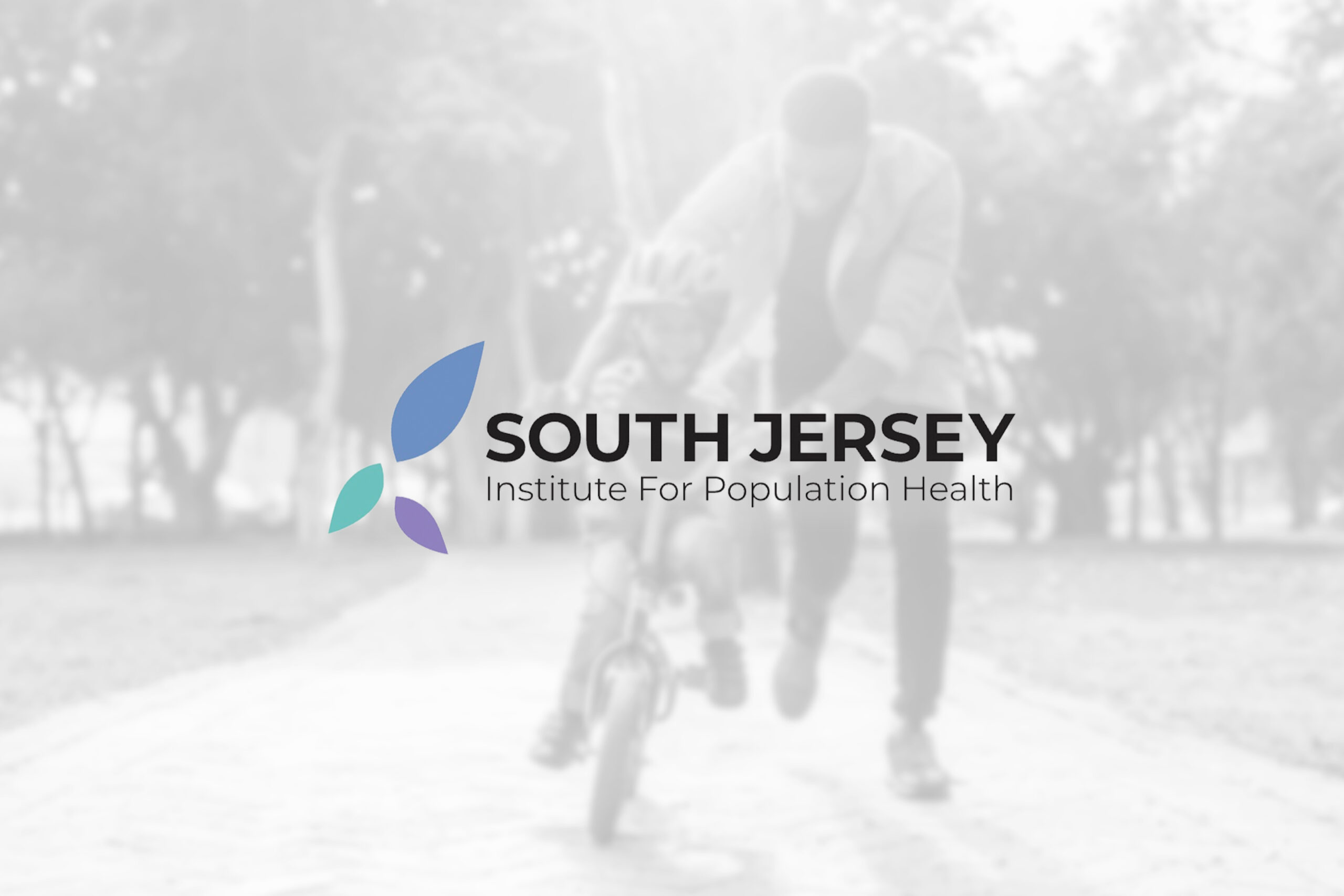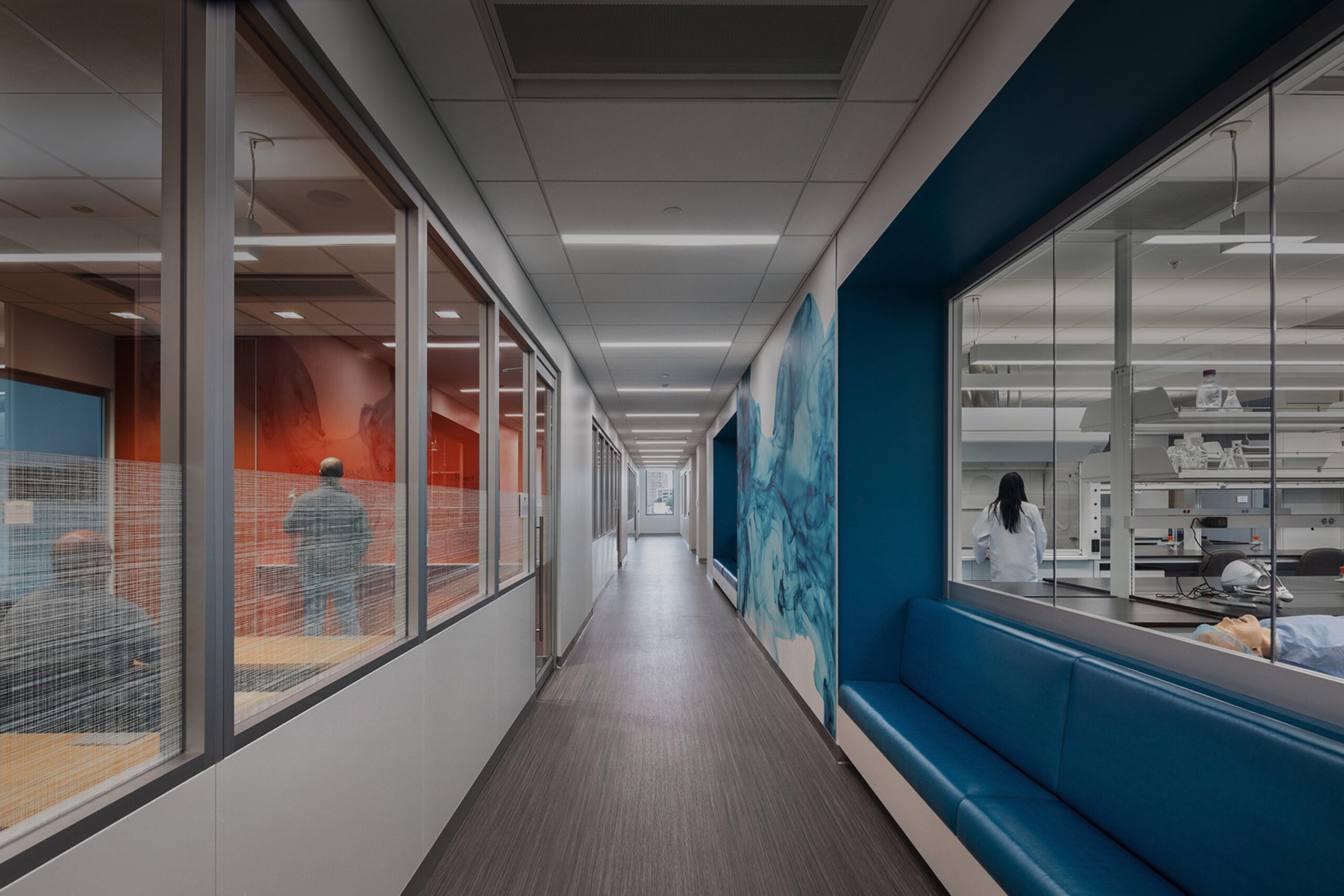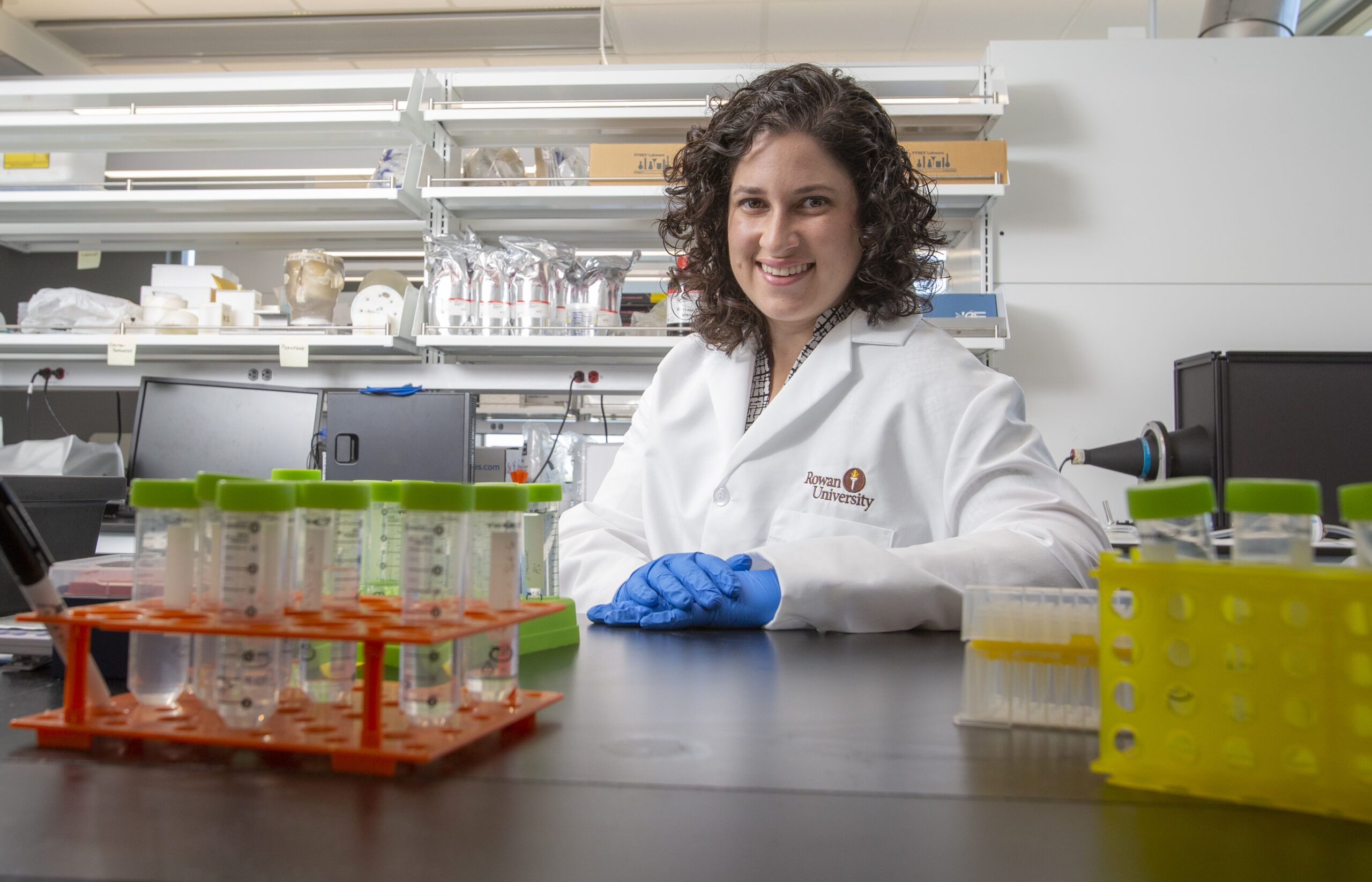About Rutgers University–Camden
Founded in 1926 as the South Jersey Law School, and joining Rutgers University in 1950, Rutgers University–Camden is a national leader in education and research. Rutgers–Camden enrolls over 7,200 undergraduate and graduate students, employs more than 1,300 full- and part-time faculty and 650 full-time staff, and has over 51,000 living alumni. Rutgers University–Camden offers 39 undergraduate majors and 29 graduate programs, across four schools and colleges, with an average class size of 24 students and a 10:1 student to faculty ratio. An R2 university with high research activity, the institution comprises the College of Arts and Sciences and its Graduate School, the School of Business, Rutgers Law School, and the School of Nursing. Rutgers University–Camden boasts an ambitious student body, many of whom are first-generation students, with more than 50 percent from underrepresented racial or ethnic backgrounds.
Rutgers–Camden has received national recognition as a research university that provides great value and opportunity for its students. U.S. News and World Report gave strong marks to Rutgers–Camden in its 2021 rankings. Among national universities, Rutgers–Camden posted high rankings in the following categories: Top Performers on Social Mobility (26), Top Public Universities (71), Best Colleges for Veterans (108), Best Value (140), and Overall (153). Washington Monthly magazine again ranked Rutgers–Camden in its “Best Bang for the Buck” category and as a university that provides social mobility opportunities for its students.
Nationally recognized as a model for civically engaged universities, Rutgers University–Camden is an anchor institution and partner for the City of Camden, southern New Jersey, and the Delaware Valley region. It offers off-site courses across the region, most notably at Camden County College and Atlantic Cape Community College. Under the auspices of the Senator Walter Rand Institute for Public Affairs, Rutgers University–Camden provides policy analysis for South Jersey. It also is actively engaged with business leaders and organizations across the state and in Philadelphia. The university remains an important partner in championing the work of building and improving the social and physical infrastructure of its anchoring city, with students, faculty, and staff actively involved in civic engagement work in the community. In the City of Camden, Rutgers anchors the burgeoning “eds and meds” corridor connecting the campuses of Rutgers and Cooper Health.
Our Work at JHSC
Expertise is at the heart of everything we do at Rutgers University–Camden. As a leading R2 research institution recognized by everyone from the Guggenheim Fellowship to the National Science Foundation, our faculty are given the tools they need to pursue life-changing research that makes a lasting impact in their fields. With robust support for grants and numerous other funding opportunities, our faculty make this institution a premier engine of innovation and scholarship.
An increasing fraction of faculty at Rutgers–Camden consistently earn grants from such leading funders as the National Institutes of Health, the National Science Foundation, the National Endowment for the Humanities, the National Endowment for the Arts, the U.S. Department of Energy, the Robert Wood Johnson Foundation, the Knight Foundation, and the U.S. Army Research Office. Their books are published by top trade and scholarly presses, and they publish in and edit top scholarly journals. They are fellows of the American Association for the Advancement of Science (AAAS) and the American Academy of Nursing.
Rutgers–Camden is the only university in New Jersey offering a MARC Program for undergraduate research. This $1.2 million grant from the National Institutes of Health partners students from groups underrepresented in biomedical sciences with faculty mentors who support and prepare them for doctoral study.
Many research breakthroughs – and the attendant federal funding that Rutgers–Camden draws into southern New Jersey – occur through the Center for Computational and Integrative Biology at Rutgers University–Camden, which is an anchor tenant in the collaborative research space provided by the Joint Health Science Center. Undergraduate and graduate students join faculty research mentors in these state-of-the-art labs to pursue and achieve new knowledge and practices in the biosciences.
Rutgers–Camden research currently underway in the JHSC explores the following areas:
- Bionanotechnology and biomaterials
- Molecular mechanisms of 24-hour biological rhythm
- Complex ecological systems
- Plant development
- Ecological dynamics in urban ecosystems
- Computational toxicology
- The neural intersection of pain and sleep
- Developmental genetics
- Structure and evolution of the regulatory genome
- Mechanisms of drug action in the central nervous system
- Codes for forensic DNA
Rutgers–Camden science researchers command such prestigious honors as the CAREER Award from the National Science Foundation and the Presidential Early Career Award for Scientists and Engineers, which is presented by The White House. Their research has been spotlighted by National Geographic (among many other media platforms) and published in top research journals. Students have developed such breakthroughs as creating a new fingerprinting powder to assist in law enforcement efforts.



